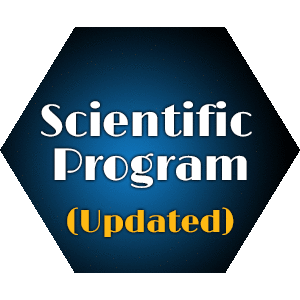
John S Jarstad
University of Missouri School of Medicine, USA
Title: High dose dietary Riboflavin and direct sunlight exposure in the treatment of keratoconus and post-refractive surgery ectasia
Biography
Biography: John S Jarstad
Abstract
Cornea collagen crosslinking has emerged as a highly successful treatment for keratoconus and post-LASIK ectasia. The use of topical concentrated riboflavin solution, along with a calibrated ultraviolet light source has been shown to successfully cross-link and stiffen the cornea align storm and arrest and in most cases, reduce the effect of corn steepening in several degenerative cornea conditions including keratoconus and post-refractive surgery ectasia.
Cornea cross-linking with the Avedro commercial UV light source and concentrated topical riboflavin solution produced in a standard dose is widely accepted and was FDA approved in the USA in 2016 as a treatment for Keratoconus and post refractive surgery ectasia. The high financial treatment cost, along with the high cost of the Avedro machine, has limited ophthalmologist’s and patient’s access to this new effective treatment.
We report cases at three separate institutions where patients, either on the own or under the suggestion of their ophthalmologist ingested high doses of dietary riboflavin (Vitamin B2) and were exposed to 15 minutes per day of direct sunlight and noted within 6 months to experience a significant amount of cornea flattening by both topographic and keratometric measurements. No adverse effects were observed or reported in patients taking up to 1500 mg of dietary riboflavin per day and spending 15 minutes daily outdoors walking briskly facing the sun without sunglasses.
We conclude that high-dose dietary riboflavin may have a place in the treatment of keratoconus and post-refractive surgery kerectasia as an economical alternative or adjunctive form of treatment. It may be especially useful in paediatric and pregnant patients who are more likely to regress after commercial cross-linking therapy.

